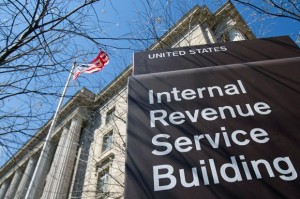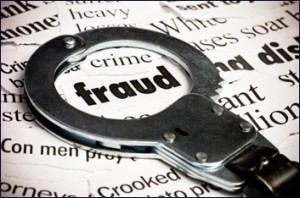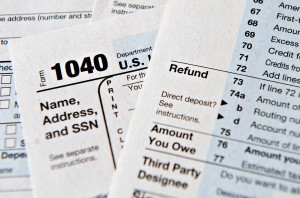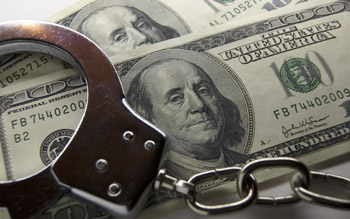A federal grand jury in Philadelphia, Pennsylvania, returned an indictment in July, which was unsealed this week, charging a South Carolina man with tax evasion, according to officials.
 He also allegedly attempted to obstruct an IRS civil audit and an IRS criminal investigation, IRS authorities stated.
He also allegedly attempted to obstruct an IRS civil audit and an IRS criminal investigation, IRS authorities stated.
According to the indictment, Wayne M. Garvin, currently of Columbia, South Carolina, and previously of Philadelphia, allegedly filed individual income tax returns for the years 2012 through 2016 on which he claimed fraudulent deductions and expenses, including charitable contribution deductions and expenses associated with rental properties that he owned for some years.
For the year 2013, Garvin also allegedly claimed he had expenses associated with service in the U.S. Army Reserves even though he did not perform any reservist duty that year.
At the time Garvin filed his false tax returns, he was employed as a Supervisory Associate Advocate with the IRS’s Taxpayer Advocate Service in Philadelphia.

The indictment also alleges that after the IRS began an audit of Garvin’s 2013 and 2014 tax returns, Garvin submitted fraudulent documents to the IRS revenue agent conducting the audit.
Among other fraudulent documents, Garvin allegedly created receipts from a church, invoices from a contractor and a letter from the Department of the Army in an attempt to convince the IRS he was entitled to claim the deductions and expenses on his returns.
Garvin allegedly submitted the fraudulent documents to the IRS to prevent the IRS from assessing additional taxes against him for 2013 and 2014.
Finally, the indictment alleges that after the IRS notified Garvin that he was under criminal investigation for filing false tax returns, Garvin provided the same fraudulent documents to IRS Criminal Investigation that Garvin previously provided to the IRS revenue agent.
Garvin is charged with three counts of tax evasion and two counts of corruptly endeavoring to impair and impede the due administration of the internal revenue laws.
The defendant made his initial court appearance today.
If convicted, he faces a maximum penalty of five years in prison on each count of tax evasion, and a maximum penalty of three years in prison on each count of endeavoring to impair the internal revenue laws.
 IRS Criminal Investigation is investigating the case.
IRS Criminal Investigation is investigating the case.

